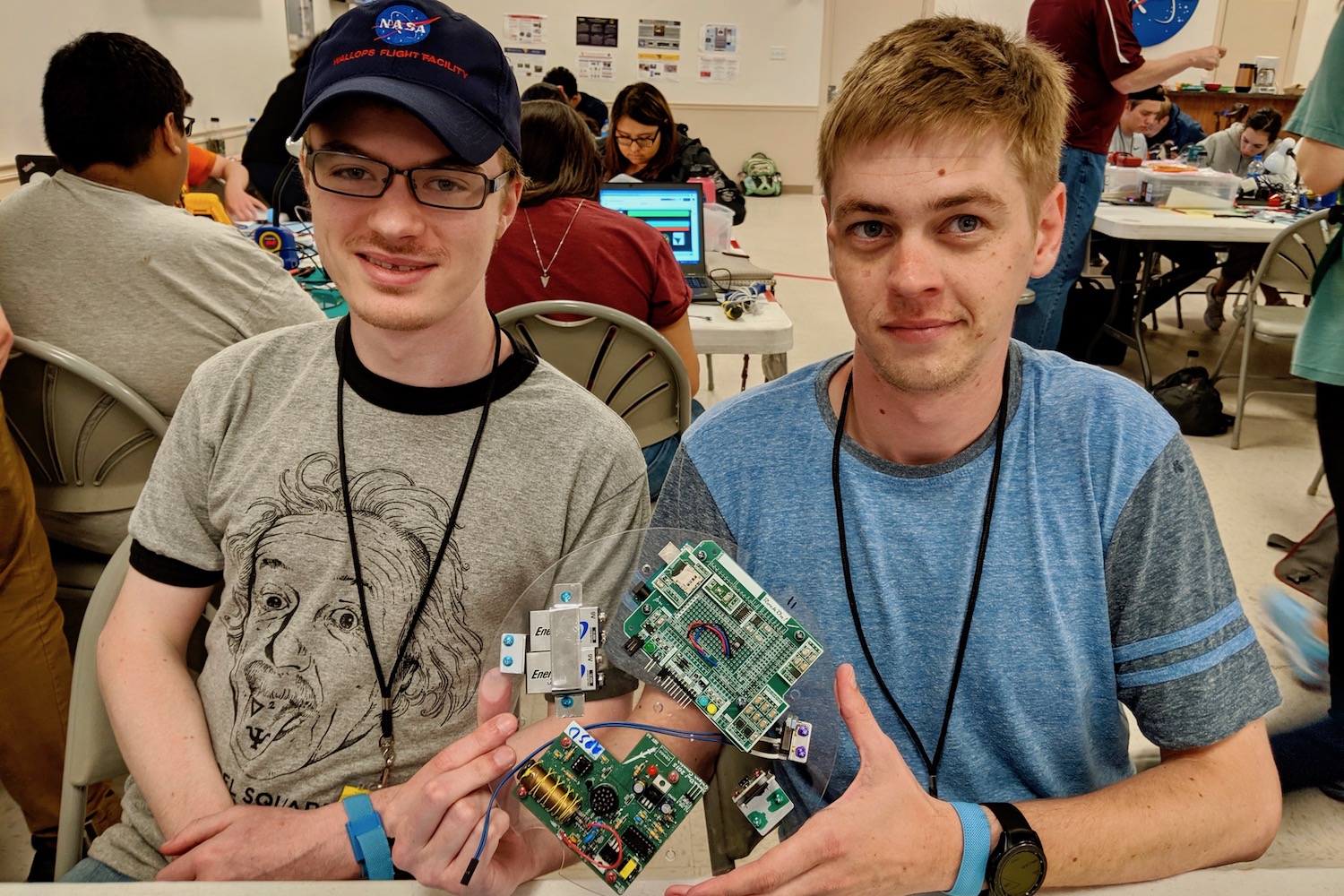Austin Peay students set to send payload to space for first time in school history
(Published June 19, 2019)
For the first time in its 92-year history, Austin Peay State University has a payload bound for space.
Austin Peay physics professor Dr. Justin Oelgoetz made the announcement on Facebook Monday: “APSU’s first payload bound for space just passed inspection and has been integrated into the rocket’s payload stack.”
Oelgoetz and two APSU physics students – Zach Hill and Zach Givens – built the predesigned payload during Rocket Week at NASA’s Wallops Flight Facility in Virginia. Later this week, they’ll fly the experiment on a NASA Terrier-Improved Orion suborbital sounding rocket to space.

The launch is scheduled for 4:30 a.m. CDT Thursday. The launch will be streamed at www.ustream.tv/channel/nasa-tv-wallops. Coverage begins at 4 a.m. CDT.
“We hope and intend this workshop to be the beginning of an Austin Peay space ‘program,’ not a degree but a fountain of student projects and opportunities,” Oelgoetz said.
LAUNCH PART OF ‘ROCKON!’ WORKSHOP
The rocket will carry 28 student experiments – including Austin Peay’s – to nearly 73 miles altitude. The experiments will land via parachute in the Atlantic Ocean where teams will recover them. The students will begin data analysis later that day.
Oelgoetz, Hill and Givens’ experiment is like the others, measuring acceleration, humidity, pressure, temperature and radiation.
Their efforts are part of RockOn!, a workshop that introduces through hands-on experience participants to the basics of developing a scientific payload for flight on a suborbital rocket.
According to a NASA news release, after students learn the basics in RockOn!, they can participate in RockSat-C, where during the school year, they design and build a more complicated experiment for rocket flight.
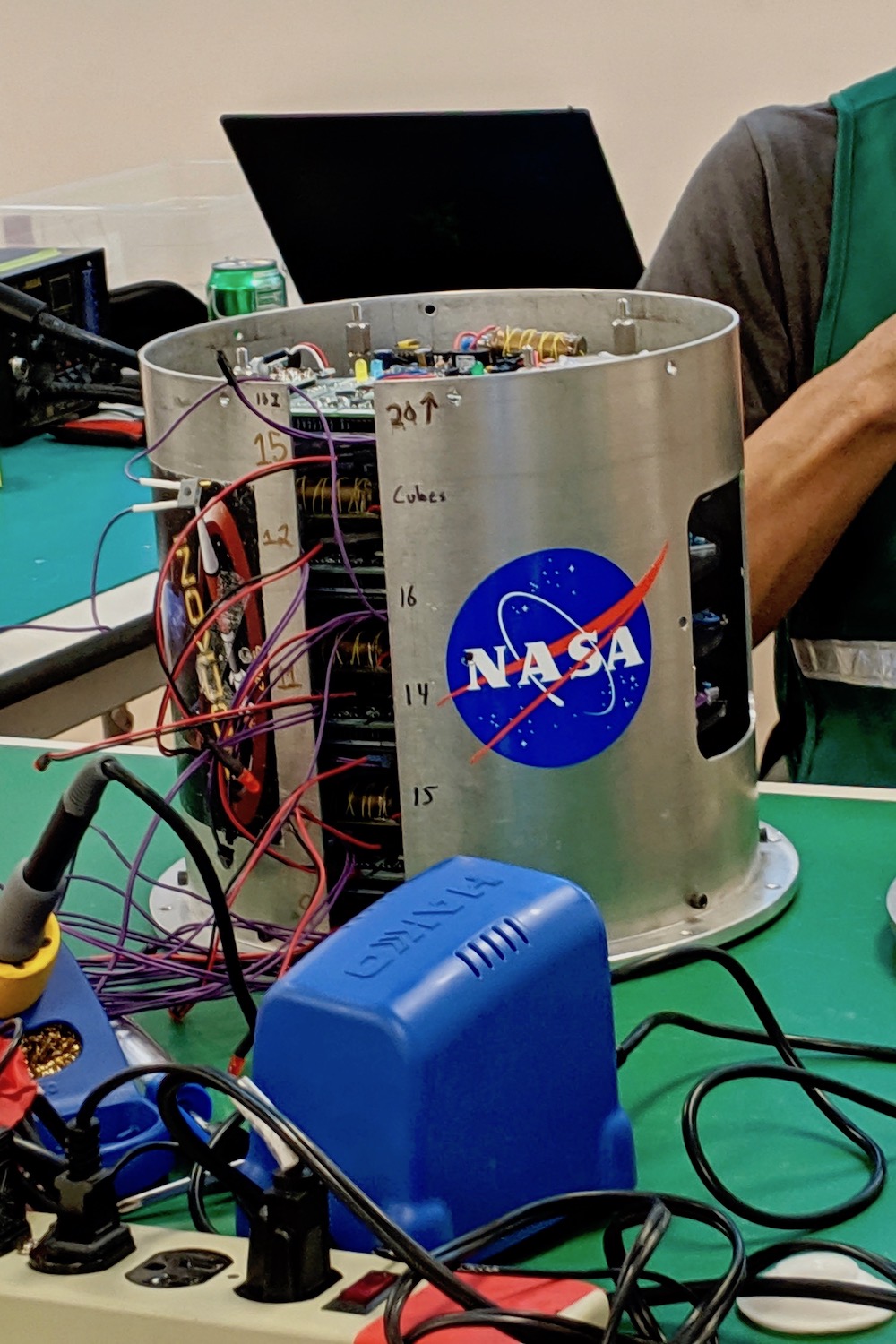
“The idea is to learn so we can design our own payloads in future years,” Oelgoetz said.
The rocket also will carry nine RockSat-C experiments and more than 80 small cubes with experiments developed by middle and high school students.
RockOn! is supported by the Colorado and Virginia Space Grant Consortia, NASA’s Office of STEM Engagement and NASA’s National Space Grant College and Fellowship Program.
Austin Peay’s trip is supported by the Tennessee NASA Space Grant Consortium, of which APSU is a member.
If any problems happen prior to the launch, officials will delay it until later in the morning or until Friday.
TO LEARN MORE
- For more about Rocket Week and the launch, go to nasa.gov/feature/wallops/2019/students-boosting-technical-skills-at-nasa-wallops-rocket-week.
- For more about RockOn! 2019, visit https://spacegrant.colorado.edu/rockon-home/rockon-2019-home.
- For morea bout the APSU Department of Physics, Engineering and Astronomy, go to www.apsu.edu/physics.
News Feed
View All News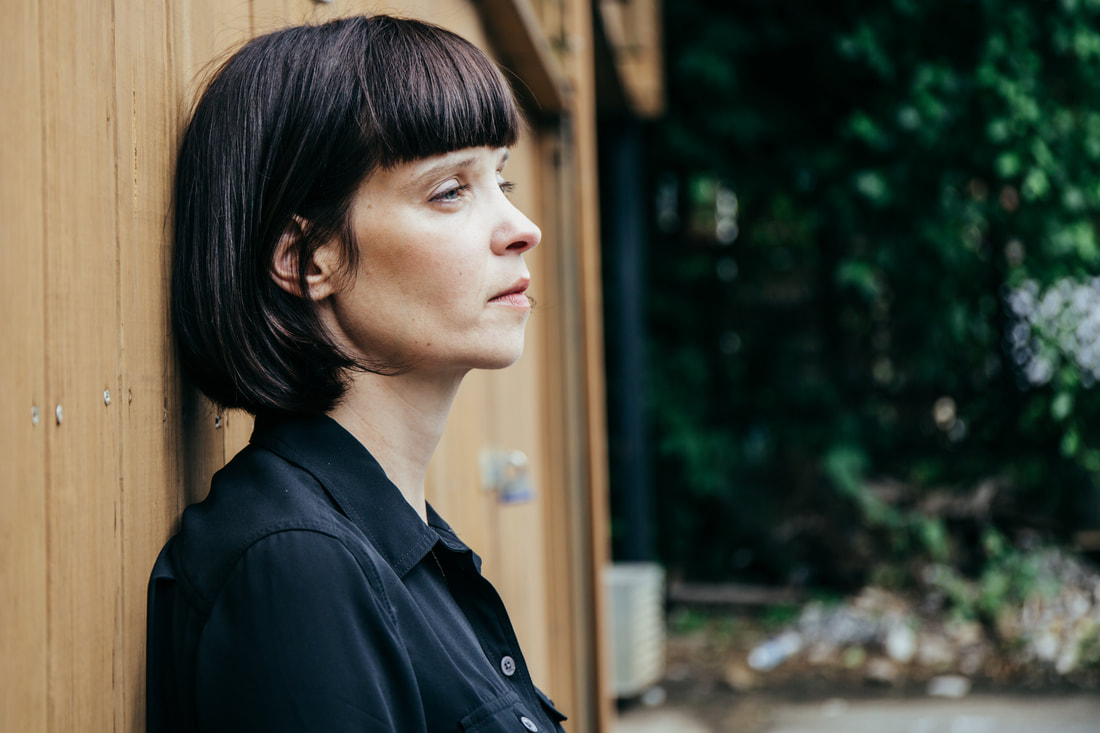
Austin Peay State University's Zone 3 Press, with support from the Center of Excellence for the Creative Arts, is hosting NEA Creative Writing Fellowship recipient and award-winning writer Toni Jensen for a free public reading and book signing at 7 p.m. on Thursday, Feb. 19, in Art + Design Room 120.
Read More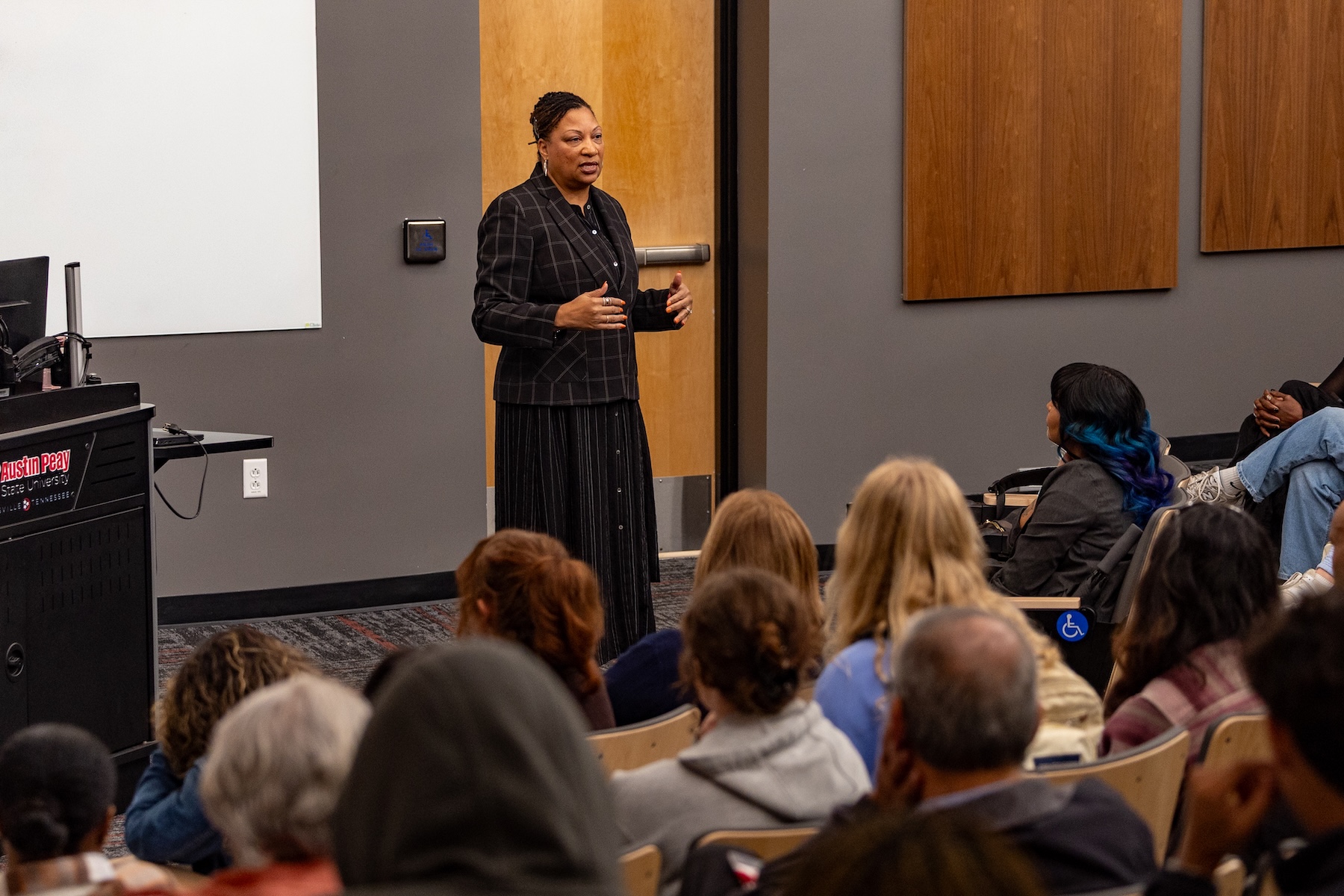
David Hogan of Ribbon Communications and David "Buck" Dellinger of the Clarksville-Montgomery County Economic Development Council (EDC) will share their real-world perspectives on leadership, innovation, and career development during this semester's speaker series.
Read More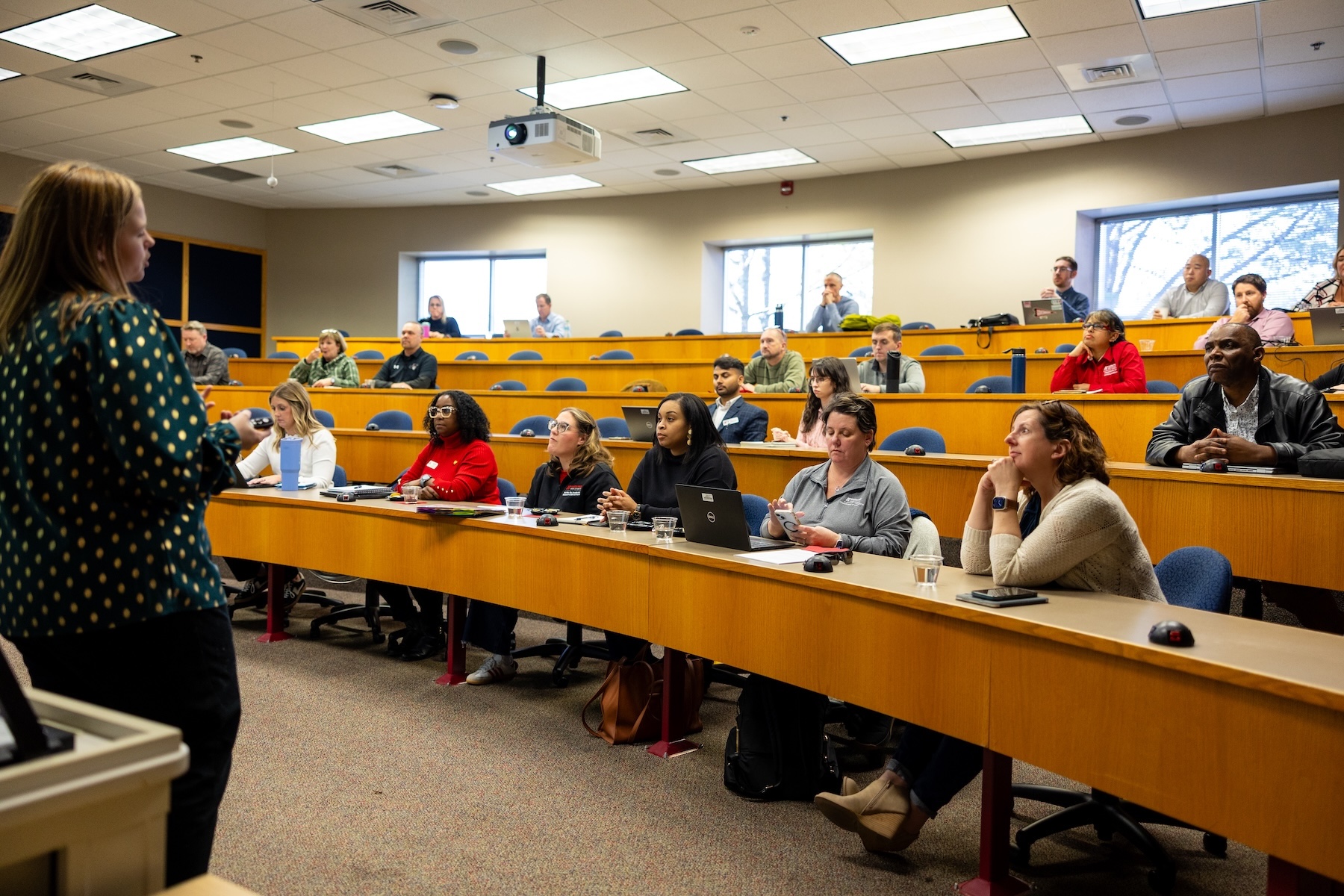
Title III grant funding recently allowed 16 faculty members from across campus to participate in the Career Readiness Academy, an extended workshop series focused on labor market tools, curriculum development, and National Association of Colleges and Employers (NACE) competencies.
Read More